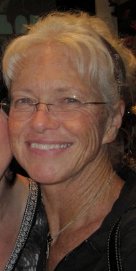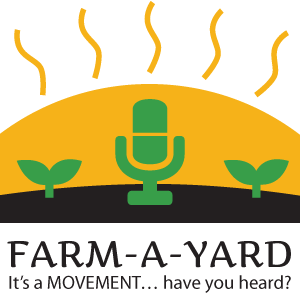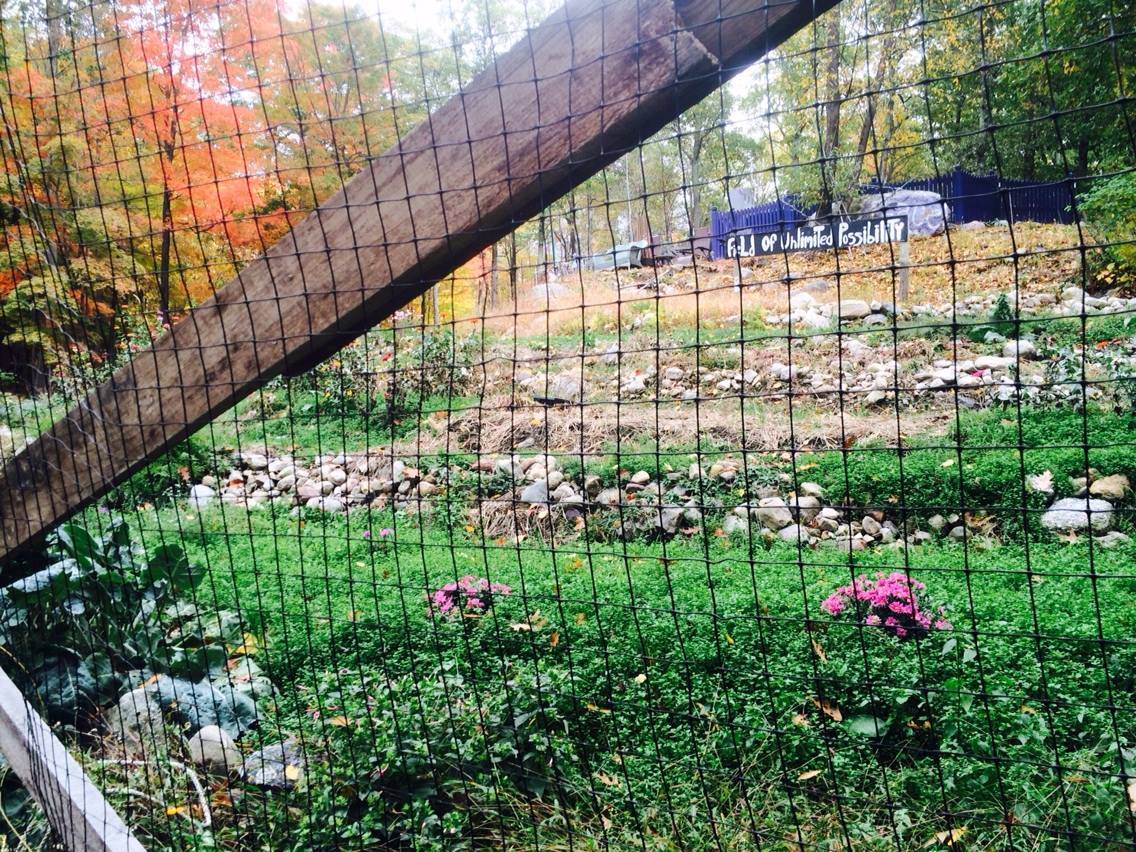I couldn’t help myself…..I never considered myself an activist, but when the pieces started coming together about why we are in such a health crisis in this country, my hair was on fire! What we now know is only the tip of the iceberg and Titanic is going down, while some are still playing the music and saying that everything is ok.
Sometimes I feel a little bit like Noah, who day by day spent his time building an Ark even though it had never rained before. Though he looked silly to others, he kept on building. We need to build local food systems for real food security and to do that we need to build local food chains of small farmers, yard farmers other food entrepreneurs.
Commercial food is seriously altered, highly processed, lacking in nutrients and even produce is laden with chemicals. We have also been in a huge GMO experiment without our consent, which starting in the 90’s.
So, being that I am the kind of person who can’t just sit around complaining and lament the problem, I literally “dug” in to be a part of the solution.
I was compelled to establish a Sustainable Neighbors meetup group in 2012, right after I moved from California and discovered how difficult it was to access locally grown, chemical free food in Fayetteville, NC.
In my search for healthy, locally produced food, there came another discovery… I found very few local small farmers actually growing their own produce to sell directly to the consumer. To add to this concern, I could not find a farmer who was not treating their land and crops with commercial fertilizer, pesticides and herbicides.
I recognized that all the processed foods being consumed and the lack of access to healthy produce was the main factor in the widespread health disparities in food deserts around the country.
I told myself that it didn’t have to be this way! My driving force now is to see people eat well and get well.
I have been observing the evolution of the food system for a long time and I am old enough to know what real food is and tastes like. I began to feel the urgency, for the sake of my grandchildren AND everyone’s grandchildren, to share the knowledge and skills of how to grow, preserve, cook from scratch and share other sustainable living skills and resources. Because of this, Sustainable Neighbors Meetup was born. www.meetup.com/sustainableneighbors www.sustainableneighborsnc.com
I was excited and inspired by the growth of the urban agriculture movement in cities around the country. We can do this and there is an opportunity to earn money too. This is how to be sustainable and it offers entrepreneurship opportunities to create jobs.
With other concerned neighbors and a vision to build resilient neighborhoods and communities, we began working to find farmers and educate and connect consumers to where their food comes from. When I met Linda Borghi, Biodynamic/Farmer in 2015 and we joined forces to launch the Farm-A-Yard movement with Evan Folds of www.MicrobeMakers.com and Melissa Jones of www.FromScratchMag.com to teach others how to turn lawns into food across the country.
We are collaborating with many who, like us, are also passionate to be the change they want to see in the world starting with their yard.
In the Farm-A-Yard course, our students learn critical keys to success from experts in the field. BioEnergetics is vital for soil regeneration and recovering the nutritional value of the plants we grow. Students can get an in depth soil test so that they know exactly what to do to for their soil. Students also are given cutting edge marketing and recordkeeping tools that save time and money. Everything you need in one awesome package with step by step instructions.
We all have the ability to make our communities food secure, By voting with our dollars (https://slowmoneync.org/), supporting local small farmers and/or learning to grow and preserve food for ourselves, you can be part of the movement.
IT’S A MOVEMENT, HAVE YOU HEARD?
Training Yard Farmers, Recruiting Yards
 About Marsha Howe
About Marsha Howe
Sustainable Neighbors and the Farm-A-Yard grassroots projects were born out of the concern around the eroding of our health through toxic processed foods, the lack of access to fresh, local, seasonal produce as well as the need to build local food systems for real food security. As Director of Food Education with Guiding Wellness Institute, Marsha facilitates urban farming/local food education and training to secure and sustain local food access and economic opportunity for healthier, resilient communities.



 About Marsha Howe
About Marsha Howe